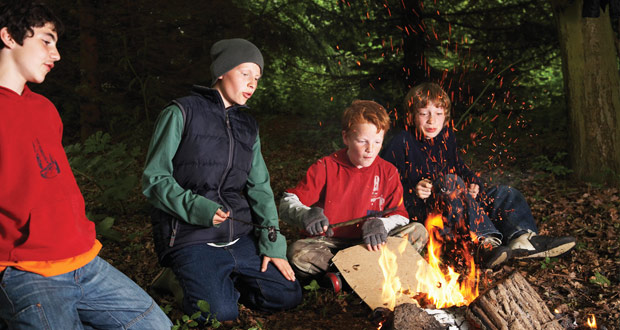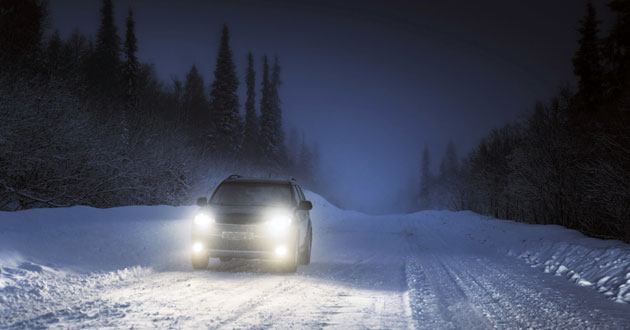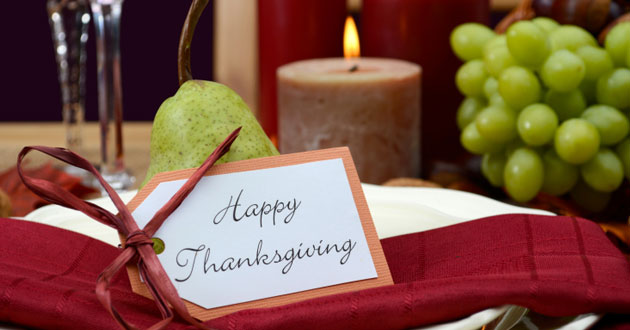A wild lesson in pursuit

“Listen!” one of the men hissed.
We had been standing around the campfire in northern Minnesota, toward the end of the two-week Boy Scout camp, doing what Boy Scouts usually do when standing around campfires. We threw stuff into the flame to see what would burn, tried to stand as close as possible without getting singed(grateful for the smoke because it kept the mosquitoes away — briefly), pretended we were going to toss the newest Scouts in as a sacrifice to the Great Scoutmaster in the Sky. But one of the Scout leaders got our attention. It seemed he heard something. Then we heard it.
“Ching… ching… ching…” approaching.
“It’s Santa Claus!” I said, cracking up everyone in the circle under the age of 21.
The sound got louder, and we got quieter. Soon, two painted, muscular Indian braves came out of the woods to the edge of our campsite. Now everyone under 21 was terrified. One of the braves had an ankle bell that chinged when he walked. They both walked slowly, deliberately, toward us. The one with the ankle bell moved inside our circle, between the fire and us, and began to walk even more slowly, sizing up each scout with a look of disdain. The other brave paralleled him, but walked behind each of us, on the outside of the ring.
The inside warrior made a complete circle, slowed even more and began again. He was clearly looking for something. Or someone. When he got in front of me, a tiny, shivering 14-year-old with an overbite, he pushed his terrifying face close to mine and sniffed ferociously. I could smell him, too. He was mostly animal. His eyes were dots that revealed only blackness—like a falcon’s—and I trembled like his hamster meal. He moved on. I reminded myself to breathe.
He got two campers past me, then whirled back and screamed at the top of his lungs (or maybe that was me screaming?) and he leaped through the air, knocking me into the warrior stationed behind me. Instinctively, I struggled at first, but realized the futility and gave up. When I did, they picked me up, produced an arrow, and put my hand around it tightly. They thrust my arm toward the fire so the wooden shaft of the arrow would be blackened slightly. I pulled the flaming sword back and blew out the small fire. Then they turned me toward the forest, one warrior walking in front of me, the other behind me, and marched me out, making me hold the arrow high above my head in triumph.
It started dawning on me what this meant. I was chosen—“tapped out”—for membership in the Order of the Arrow, the elite organization of Scouting. I was no longer just a Scout. Either that, or it was the most sensational child abduction incident in our camp’s history.
I knew that I was in for a long night. The tradition is that the newly selected member is initiated by a night of silence alone in the forest. That part didn’t bother me. I did have a little concern for the predators in the forest, though. There were bears up there. Wolves. Bobcats. Snakes. Bats. I feared the mosquitoes the most. They’ve been known to suck the badges right off a Scout’s shirt. You could spray graffiti on their wings, they’re so big. And the ticks. And Lyme disease.
After the first couple of hours, I started getting used to the silence, and to the subtle sounds in the forest. I wondered if I’d sleep.
Somewhere in the middle of the night I heard something else. Something walking. It was too steady to be a wild animal. Soon it made a sound that I recognized. No one clears phlegm like my dad. He was the assistant Scoutmaster.
“Dean?”
I thought about how to respond without breaking my vow of silence. But you can’t not respond to your dad.
“Over here.” I stood up.
“Come with me. You can sleep in my tent tonight.” I never saw him. I only followed his footsteps back to the campsite, where I went inside his tent, laid down, and immediately fell asleep.
This was a father who could not stand the thought of his creation spending one night in the darkness, afraid. A father who broke the man-made rules to pursue me. My fear was gone, and I could finally rest.
Nelson directs the journalism program at Point Loma Nazarene University. His book on sacred living is “God Hides in Plain Sight: How to See the Sacred in a Chaotic World.”





